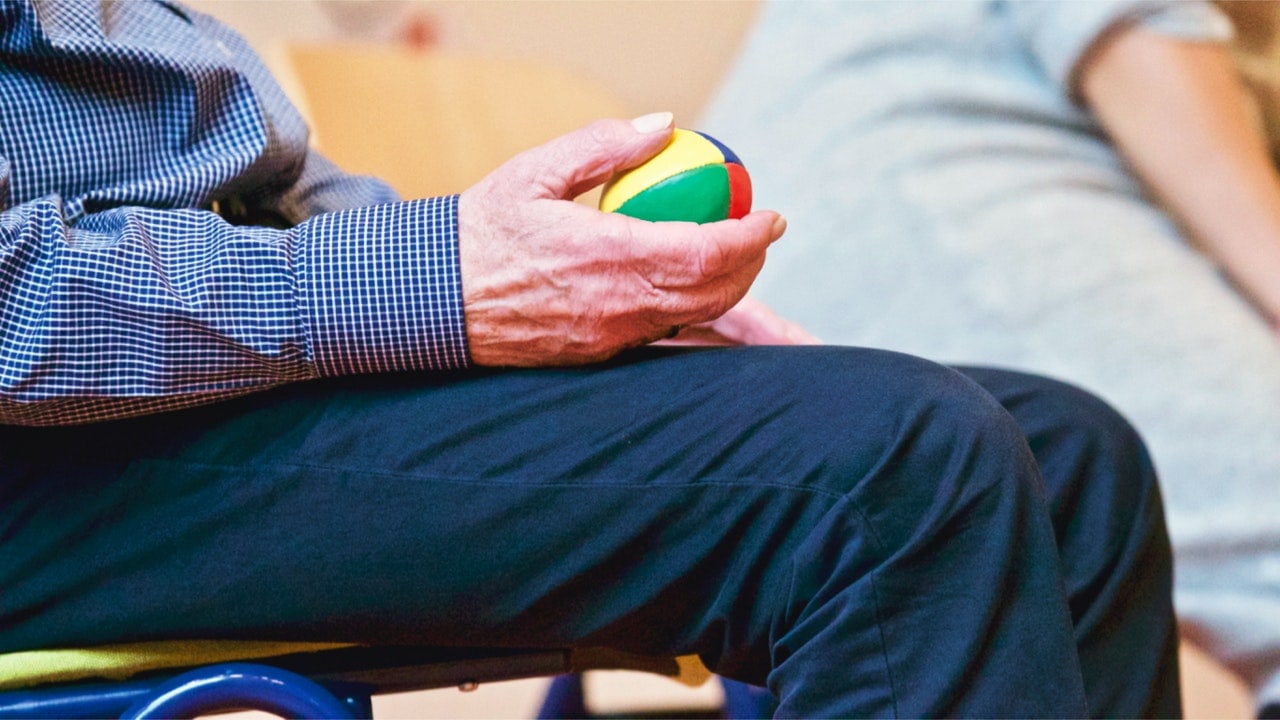Although the saying is that “crime doesn’t pay,” in reality, people involved in organized crime and drug dealing profit a great deal until the day they get caught. After they are caught, the money goes into evidence, and then the state keeps it when the criminals are found guilty. In Osceola County, Florida, they have decided to take these profits and redistribute them to treatment centers and mental health programs in the community.
This action helps a community that needs more resources than ever during the pandemic.
Osceola County Treatment Providers Get Help
$31,848 was divided up between four recipients:
- The Transition House: This organization was awarded the largest grant of $10,000. The organization started as a halfway house in St. Cloud for men struggling with substance abuse and homelessness. Today they serve a variety of clients, especially homeless veterans, and offer services for people of all ages in need of mental health or substance abuse counseling.
- Aspire Health Partners: Aspire also serves several counties outside Osceola. They provide behavioral and mental health services to help empower people to lead healthier, more productive lifestyles. Much of their work is with people with substance use disorders, mental health issues, and struggle with homelessness. They offer “high intensity” treatment programs to help people get back on their feet and reclaim their lives.
- Park Place Behavioral Health Care and the Ninth Judicial Circuit Drug Court were both awarded money as well. Park Place Behavioral Health helps people with mental health and substance use disorders, and the Court usually diverts people there instead of giving them time in jail.
Funding Is Life-Saving For Some
The money is a good sign in an industry strapped for cash.
Addiction care is, after all, mental healthcare, and even with the pandemic, the addiction crisis is still raging. People are still using opioids, but some of the users are new and less experienced. Others are people who were once in recovery but now may have relapsed.
Overdoses in Central Florida are up 70% during the pandemic, spurring a secondary health crisis. Opioid use disorder is taking lives, and there just aren’t enough resources
“These organizations that are going to receive the money, it’s going to help them help the folks that need it the most,” said Osceola Sheriff Russ Gibson. “It’s so important to have these organizations to provide wrap-around services for these folks that find themselves addicted to these horrible, horrible drugs. It’s an honor to work hand-in-hand with them.”



Leave A Comment